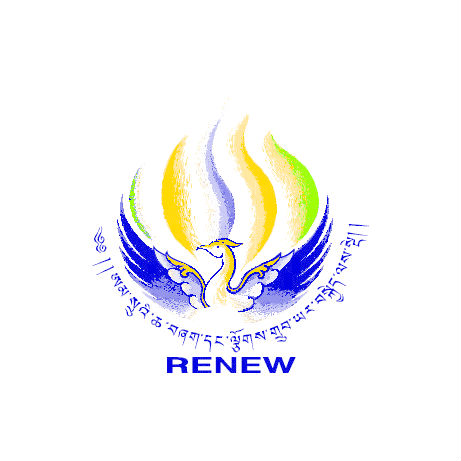
| 23 January 2025
Bandhu Social Welfare Society
Bandhu Social Welfare Society(Bandhu) is a community led organization which was founded in 1996 and formally registered with the Ministry of Social Welfare (MOSW) and the NGO Affairs Bureau in July 1997. Bandhu’s Mission Bandhu works towards ensuring a dignified life for gender diverse populations by protecting human rights, promoting a sustainable livelihood, improving access to quality health care including SRHR, and enhancing access to social security and gender justice. Bandhu’s Vision Bandhu envisions a society where people from all gender identities are enjoying quality life. Bandhu’s Core Values Gender Diversity: Bandhu is committed to value gender diverse population in all their diversities i.e. class, age, religion, ethnicity, culture, language, caste, class, HIV status, profession, identity and convictions by integrating an intersectional approach. Confidentiality: Bandhu respects the right to privacy and confidentiality of gender diverse populations, including their defenders. Quality of Care (Service): Bandhu aims to promote and provide Quality of Care in services that are built on principles of gender equality & equity, inclusiveness 25 and human rights. These services should be non-discriminatory and non-judgmental. Transparency, accountability and Good Governance: Bandhu works on principles of transparency, openness, accountability and integrity. Reduce inequality and discrimination: Our commitment is to reduce stigma and discrimination in all its forms. Innovation: We are committed to learn from past experience and wisdom of others in order to innovate and improve our efforts.
| 23 January 2025
Population Services and Training Center
Population Services and Training Center (PSTC) is the inheriting organization of Family Planning Services and Training Center (FPSTC) which was created by a government order in 1978. It is - a non-government, not-for-profit voluntary organization registered with the Department of Social Services in 1995 and with NGO Affairs Bureau in 1996 affiliated with Directorate General of Family Planning in 1997 declared as the inheriting organization of FPSTC by the Ministry of Health and Family Welfare in 1997. PSTC has been working for the improvement and uphold the standard of livelihoods of poor and socially disadvantaged people by undertaking various programs and projects particularly, health services focused projects around the country.

| 31 March 2016
Respect Educate Nurture Empower Women - Bhutan
Established in 2004 by Her Majesty the Queen of Bhutan, Respect, Educate, Nurture, Empower Women (RENEW) became an Associate Member Association of IPPF in November 2009. It aims to be the leading organization in shaping the future role of women in Bhutanese Society, helping to reduce vulnerabilities while nurturing and empowering them. Their work is focused on reaching poor, disadvantaged and adolescent girls and women. RENEW has a widespread community-based support (CBS) system (established in 20 districts), and a community outreach programme run from the RENEW centre. Work focuses on sensitization with regard to HIV and AIDS, education in family planning approaches and contraceptive methods, and enhancing the safety of pregnancy and childbirth. A clear problem in Bhutan is the unequal position of women. One of the expressions of gender inequality is high levels of gender-based violence (GBV) which is seen as a natural part of married life, and not as an issue. RENEW has a vigorous education programme designed to reverse such attitudes. Bhutan is a unique country: all development is based on promoting Gross National Happiness (GNH), and comprehensive sexual and reproductive health (SRH) services, acceptance of every individual’s sexual and reproductive health and rights (SRHR), and the practical realization of those rights are regarded as critical components in increasing GNH. Given this political context, RENEW has ambitious targets. Although it has only been established for 10 years, it is making remarkable strides towards the achievement of better SRH and SRHR outcomes for the nation and its people.







